Do you still remember the first time you told your family and friends about your vegan diet habits? How did they react to it? Probably, they were confused and ignorant of it or maybe even opposed to it. If this should have been the case, you should know that many vegans use to face these challenges in the beginning. However, this is only the tip of the iceberg since the true challenge starts when it comes to overcoming old diet habits and finding proper substitutes for the food they used to eat. The following field report published in the New York Times describes those challenges that need to be overcome when switching from a meat-based to a plant-based diet while being very close to reality. The good news is that the numbers of people going vegan is rising rapidly which might be the best evidence that people start finally realizing that their diet habit has a significant impact not only on their health but also on the entire environment.
“From Bill Clinton to Ellen DeGeneres, celebrities are singing the benefits of a vegan diet. Books that advocate plant-based eating are best sellers. But is eliminating meat and dairy as simple as it sounds?
As countless aspiring vegans are discovering, the switch from omnivore to herbivore is fraught with physical, social and economic challenges — at least, for those who don’t have a personal chef. The struggle to give up favorite foods like cheese and butter can be made all the harder by harsh words and eye-rolling from unsympathetic friends and family members. Substitutes like almond milk and rice milk can shock the taste buds, and vegan specialty and convenience foods can cost two to three times what their meat and dairy equivalents do. And new vegans quickly discover that many foods in grocery stores and on restaurant menus have hidden animal ingredients.
“The dominant social-cultural norm in the West is meat consumption,” said Hanna Schösler, a researcher in the Institute for Environmental Studies at Vrije University in Amsterdam, who has studied consumer acceptance of meat substitutes. “The people who want to shift to a more vegetarian diet find they face physical constraints and mental constraints. It’s not very accepted in our society not to eat meat.”
Still, the numbers are substantial, according to according to a 2008 report in Vegetarian Times. Three percent of American adults, 9.7 million people, follow a vegetarian diet, and one million of them are vegans, who eat no animal products at all — no meat, fish, eggs, milk, cheese, even honey. (And 23 million say they rarely eat meat.)
No one knows how many people have tried and failed to switch to vegan or vegetarian diets, but the popularity of books like “The China Study” and the “Skinny Bitch” series suggests that interest is growing. New vegans often cite Robert Kenner’s 2008 documentary “Food, Inc.,” which offers an unsettling view of corporate farming and the toll it takes on animals, the environment and human health.
Megan Salisbury, 33, a social work student in Phoenix, says she prefers plant-based eating but can manage it only about 75 percent of the time. The vegan options at the campus cafeteria are limited and often expensive, and she has to drive 20 miles to find stores with vegan specialty foods for cooking.
“I really enjoy eating the way I do,” she said. “But even a box of Gardenburgers is $4 — which doesn’t seem expensive, but when you compare it to the meat counterparts, it’s so much more.”
Frustrating, too, is the lack of social support. When Ms. Salisbury baked vegan doughnuts to share with her family, “they said things like, ‘I’m going to go eat some eggs now,’ ” she said. “They were very condescending. They don’t understand and don’t make any effort to understand.”New vegans say it’s hard to give up favorite foods and adjust to the taste of substitutes for butter and dairy products. For Linda Walsh of Wilmington, Vt., who was a vegetarian for 30 years before recently switching to a vegan diet, the toughest thing was giving up cheese. “I have become vegan anyway,” she said. “But I think a great vegan cheese alternative will make for many, many more converts.”
To read the rest of the article, check it out on the original source over at New York Times.
Reference: World Animal Foundation

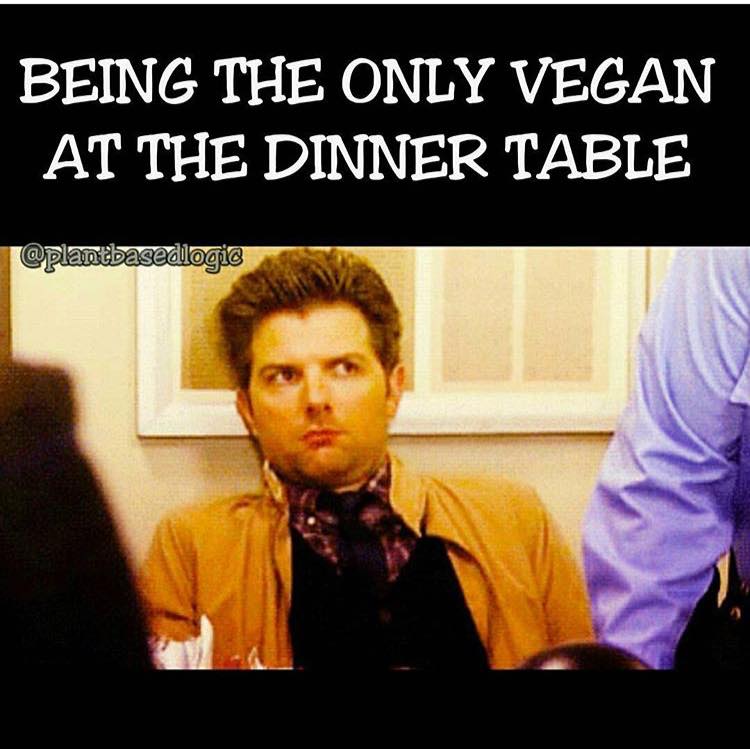
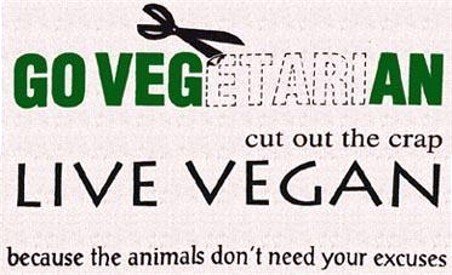
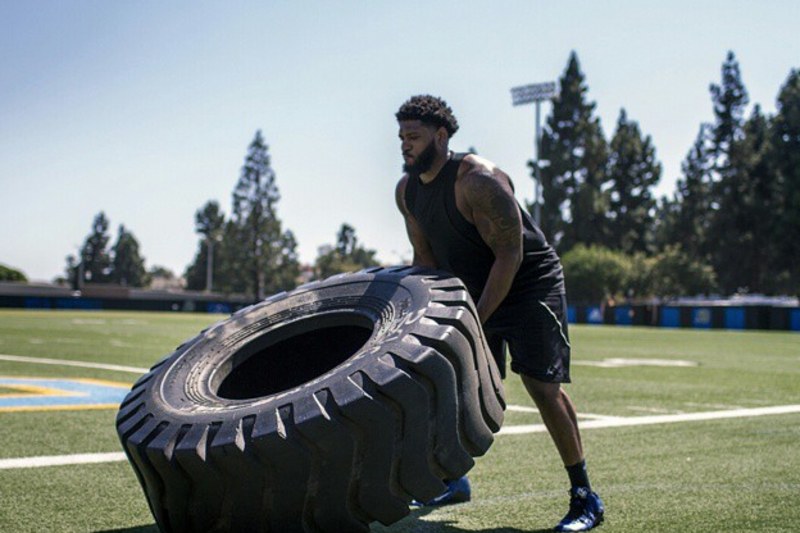
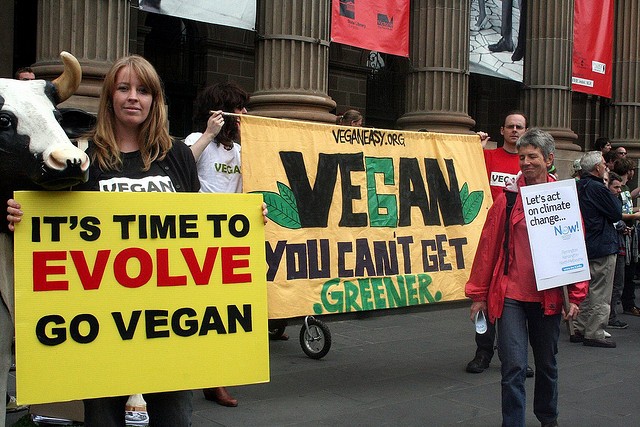
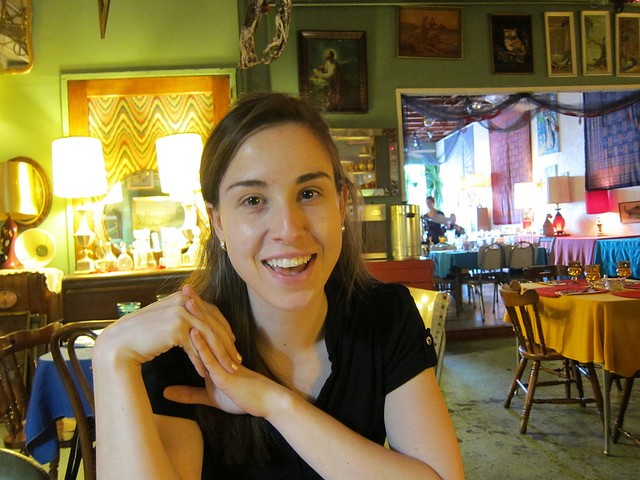


Story of my life lol.
This is very probably the story of most vegans. So, you are in good company 🙂
Barbara Lesniak ☺️ lol
The hardest part is the social aspect, I think that’s why most people don’t do it, and cheese. Cheese has casomorphine and is addictive, so giving it up is like giving up coffee almost. I am fed up with the nonsense from friends and family about it. That’s the worst part I think.
It would be easier if there were better chocolate Options
no issues whatsoever. 🙂 I am my own person, what other people think or say bears no impact on what I do.
I was shocked by the mocking and hostility. But you get used to it.
I am perpetually shocked by the absolutely irrational hostility. Everywhere. From strangers online, from friends, from family.
My own family actually disowned me after several long, public diatribes about what a terrible, irresponsible parent I am for raising my kids vegan. We haven’t spoken in a long time.
At this point, I don’t care anymore. Going vegan has changed my life in so many amazing ways, it’s all worth it.
I became a vegan 2 months ago. People make a big deal. I been getting asked tons of questions and even made fun of….. It’s ok. I am educating a few and some are willing to try it for a few weeks.
I was asked if I was joining a cult. Told that it was like a religion. During sex: “Why did you have to become vegan?” Asked about protein a gazillion times. Endured the monologue about how hunting is ok/a great alternative to grocery store meat (this was last Sunday). I’ve been stranded on an imaginary desert island, by an 11 year old. Told it was “the food chain” by a 6 year old. Asked repeatedly if I would ever eat animal products again-“Never? Really?”
I don’t even try to answer anymore. I nod my head and change the subject.
Sorry you fell out with relatives, but your kids are lucky , I really envy everyone who was raised vegan.
Things some people have to say to a vegan are an extra bonus reason to not want to be one of them ever again.
Wow, that’s heavy duty. So sorry you had to go through that. Your kids have an amazing mom!
I regret not having been raised vegan. I would have saved myself years of health and hormonal/emotional issues. 🙁
My kids are amazing. When I made the transition, I sat them down and we watched Earthlings. At 6 and 11, it was an admittedly questionable choice. But I reasoned that they deserve to know the whole truth. They watched it, and immediately afterward, they both opted out of the system and never looked back. My little kindergartener has become a heck of a little advocate. I’m very proud of her.
I have been vegan for two months too ❤️